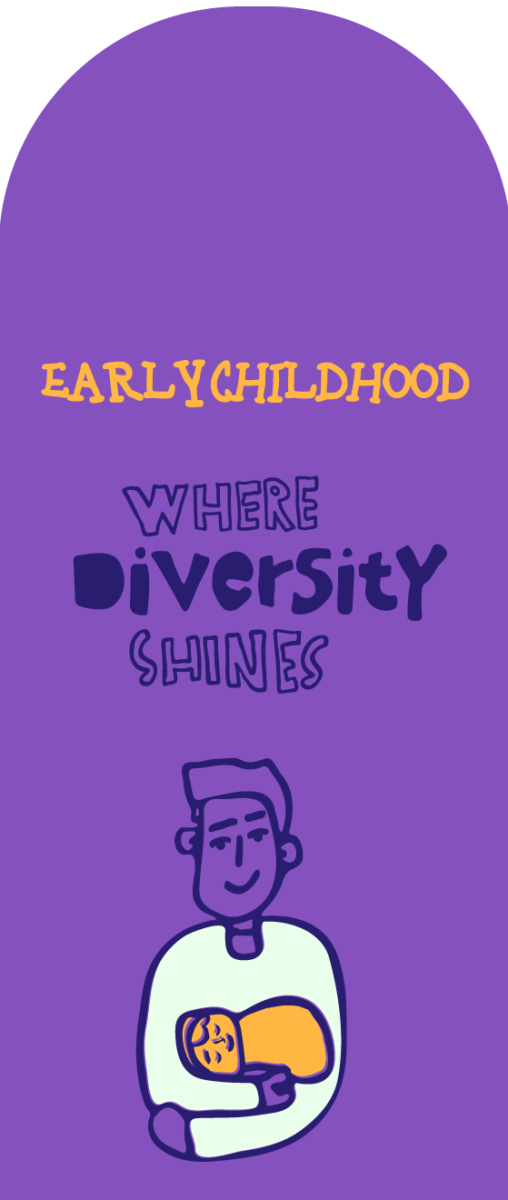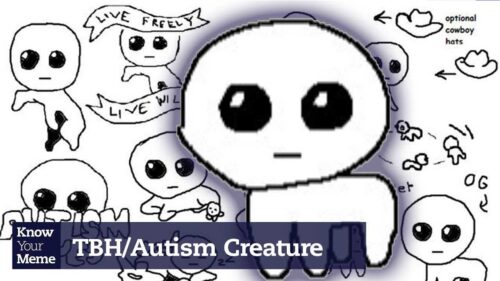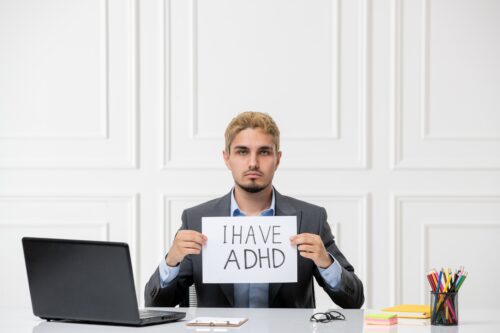
Early Childhood (0 to 5 years):
Foundation for Future Success
Early childhood spans from birth to around 5-6 years old. It’s a crucial period for laying the foundations of development in children within the autism spectrum.
During these years, physical, cognitive, social, and emotional foundations are established, shaping the individual’s future well-being. Detecting autism indicators early and starting specialized interventions can make a significant difference in an autistic child’s adaptability and quality of life.
Neural connections in the brain are rapidly forming during this time, making nurturing and stimulating environments essential. Signs like limited eye contact, lack of babbling, little interest in social games, absence of gestures like pointing, repetitive movements, sensory sensitivities, and others might be noticed between 12 and 24 months.
Consulting specialists immediately upon any warning signs is crucial to confirm a diagnosis and design a support strategy for the child and the family. The earlier therapy starts, the greater the benefits. Early intervention often includes speech and occupational therapies, programs to develop social skills and manage disruptive behaviors, psychological support, and parent training.
Investing in proper care and therapies during early childhood sets solid foundations for autistic children’s future progress, providing them with essential tools to enhance their quality of life as adults.
In this category, you can find articles and information related to this stage to help you understand and navigate a world of potential opportunities.

Early Childhood
ARTICLES

Business Owner’s Insurance: How to Choose the Right Plan
Finding the right business owner’s insurance is essential to protect your company from financial losses, legal risks, and unexpected events.

The Autism Creature The Viral Mascot Embracing Neurodiversity
The Autism Creature has taken the internet by storm, becoming a viral symbol embraced by many in the autistic community.

Am I Neurodivergent? How to Know and What to Do Next
Have you ever wondered, “Am I neurodivergent?” Perhaps you process information differently, struggle with certain tasks, or feel out of

Success Tips for Entrepreneurs with Autism
This guide covers practical strategies to help autistic entrepreneurs thrive. Learn how to structure your business, improve communication, manage finances,

Autistic Brain vs. Neurotypical Brain: Surprising Perspectives
Understanding how the human mind works reveals fascinating insights. However, the first thing we must recognize is that while the

Meaningful Fitness Programs for the Autism and Neurodivergent Population
Strength training represents a critical yet often overlooked component of healthcare and independence for individuals with autism spectrum disorder (ASD)

